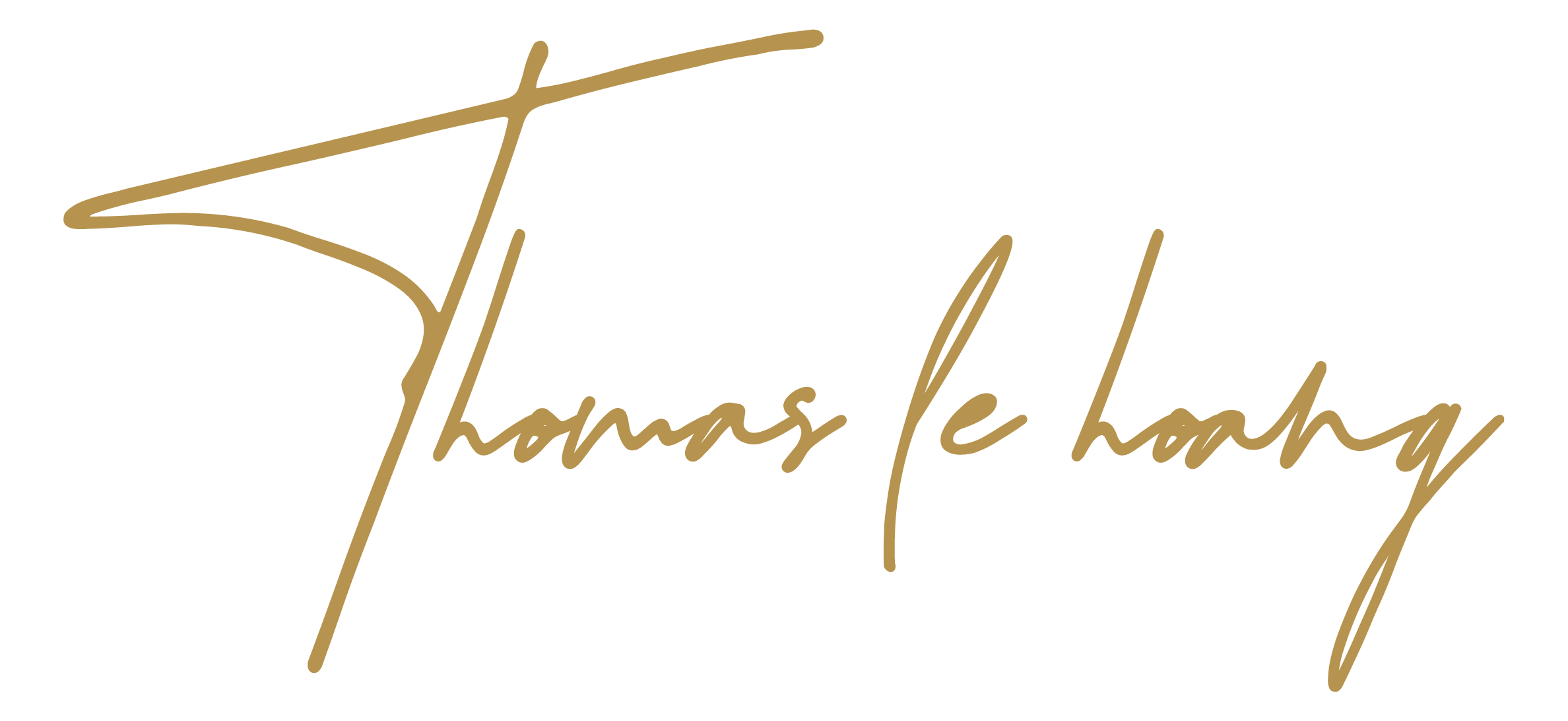Your cart is currently empty!
Not Thanking Robert Kiyosaki.
Not thanking him has made me feel ungrateful all these years.
Well, who would have known that I would one day be writing? To tell you the truth, I should have done it a long time ago. I guess ego had something to do with it.
I met Robert, the man who wrote “Rich Dad, Poor Dad” in 1988 when he paid a visit to Inlingua School of languages in Sydney, a college for people studying English as a second language.
He sent me to his seminar “Money and You”. On the third day, Robert asked for somebody with a dilemma to come on stage and allow him to unblock them. I put my hand up. He brought me up on stage in front of three hundred people.
ROBERT: “What’s the issue?”
ME: “I feel guilty being in Australia, because I feel like I have deserted my parents.”
ROBERT: “Why are you here, then?”
ME: “Because I need to breathe.”
We discussed my background, why I left my family in Belgium and why I felt trapped. He drilled me with a series of direct questions. I felt attacked. He couldn’t get me out of my sad mindset. After a few minutes of back and forth, it became clear that we were getting nowhere. Robert lost his cool.
ROBERT: “Why don’t you go home, Tommy? Just go home.”
I sobbed like a child, uncontrollable tears streaming down my cheeks. “I can’t”, I said. I couldn’t say anything else.
It was obvious to Robert that I couldn’t see that I was the problem. I didn’t feel good enough to live my own life. I failed in my duty as a son and had locked myself in a prison of guilt ever since.
Instead of walking away with some sense of gratitude, I took it as an offence. I was not going to go home, like he said. I felt as if he treated me like a loser. I was going to prove him wrong. I was angry, as anger felt better than guilt.
Robert tried to tell me that I held the key in my hand, but I couldn’t find a way to use it. Although I understood the lesson, it would take me thirty years to put it into practice.
To an outsider, the intensity of guilt always seems unreasonable. But don’t tell the person beset with guilt that they’re being unreasonable. If anything, they often feel that they’re letting themselves off easy. They believe that the never-ending mea culpais the key to dissipating their guilt. Unfortunately, it’s never enough.
A few years later, I met him again in Sydney. I told him that he was wrong for telling me to go home and that I have become a successful salesperson. He smiled at me and agreed. I walked away satisfied, as if I got my revenge. Today, I realise that it was an insult and he was gracious enough to say nothing.
I hope this finds him. I would like him to know that he doesn’t need to contact me at all. I am sure that he has long forgotten me and that his life is not going to change one iota because of what has been written here. Still, this is not really about Robert. It is about me. Writing this is way of removing the burden off my shoulder, a bag as heavy as the load Rodrigo was carrying out of guilt in the movie “The Mission”.
Asking for forgiveness is not an act of weakness. To the contrary, it is a sign of maturity. More importantly, it is an acceptance that I do hurt other people, whether I realise it or not.
I will never forget that he has made a mark in my life. He didn’t have to welcome me on stage that day. I was lucky to have the privilege of a one-on-one conversation with him. The fact that I am recognising it publicly is nothing but a testament of the work I have done on myself over the past 30 years.
Nothing happens by pure coincidence. We simply have to allow gratitude to flow through our veins rather than entertain the pride of our ego.
Thank you, Robert.
